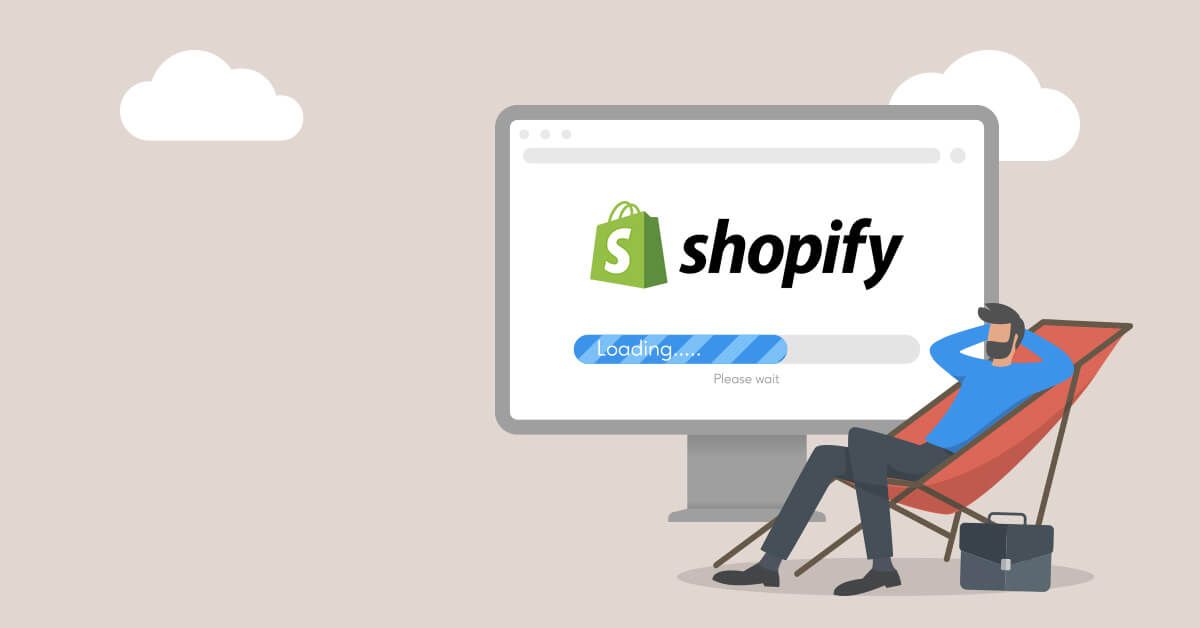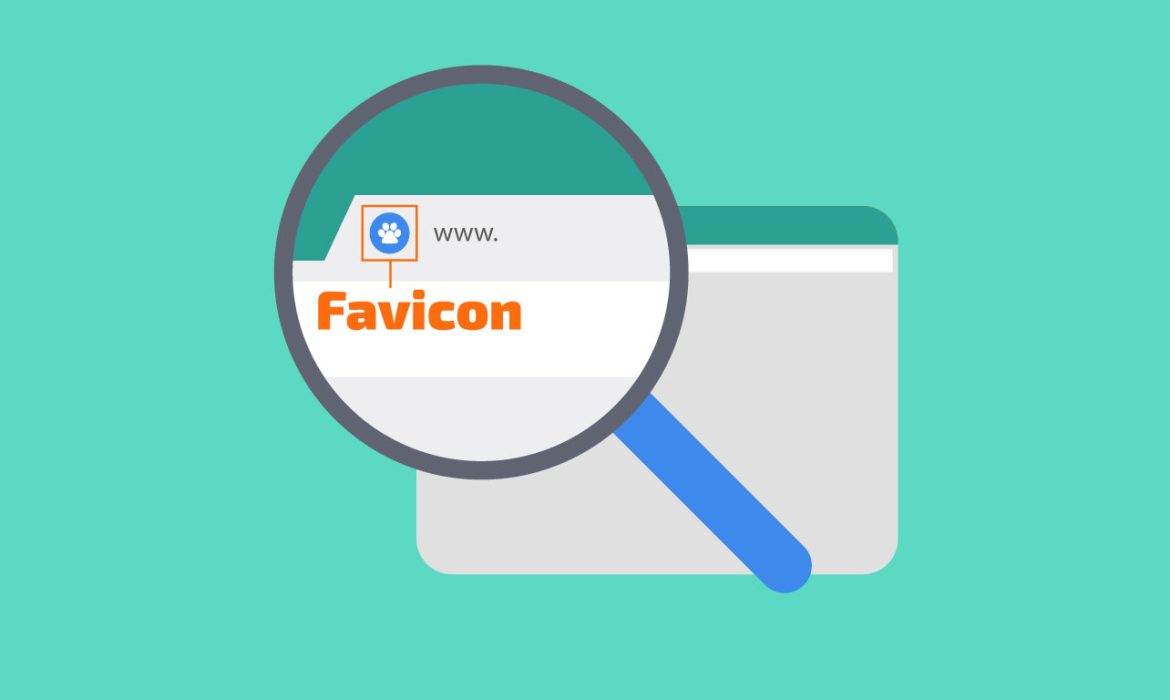Choosing the right tool from the Best Shopify page builders is crucial, as it also determines who keeps your site online, handles SSL and updates, and how domain setup and uptime are managed. Have you ever picked a theme or builder only to worry about servers, speed, and hidden hosting fees? This article answers whether Shopify hosts websites and explains Shopify hosting in clear terms, allowing you to choose the right builder and plan without guesswork.
To make that choice easier, PagePilot's AI page builder helps you design pages quickly, test site speed, and connect a custom domain, allowing you to see how Shopify's managed hosting, CDN, SSL, and uptime affect your store in real-time.
Does Shopify Host Websites?

Yes. Shopify provides managed web hosting with every plan, so you don't need to buy a separate server or hire a host to get your store online. Shopify runs the servers, manages uptime and bandwidth, and keeps the infrastructure up to date, allowing you to focus on products and marketing. The store content and storefront are served from Shopify servers and a global content delivery network.
What Shopify Hosting Actually Includes: Security, Speed, and Maintenance
Shopify includes SSL encryption for all stores, PCI compliance for payments, DDoS protection, and automatic platform updates. The service uses a global CDN to cache assets and speed page loads.
Shopify also handles server scaling during traffic spikes and routine security patches, so you avoid manual server management. Apps and themes run within Shopify’s platform and receive hosting benefits without additional configuration.
How Shopify Differs from Self-Hosted Platforms Like WordPress
With WordPress.org, you must pick a hosting provider, manage server settings, install updates, and handle security and backups. With Shopify, you trade direct server access for a managed environment:
- No SSH
- No server-side scripts
- No control panel for the underlying OS
That means faster setup and lower operational overhead while limiting low-level server customizations.
Domains, CDN, and Connecting a Custom Domain
You can buy a domain through Shopify or point a domain you already own. Shopify provisions SSL certificates automatically for custom domains and serves static assets via its CDN to improve global load times. If you prefer to use a third-party DNS provider, you can do so, and Shopify provides the necessary DNS records to point the domain to your store.
What Shopify Does Not Give You and What You Should Handle
You do not get full server access or the ability to run custom backend processes on Shopify servers. Theme code is editable within Liquid and asset files, but you cannot alter the server-side runtime.
Shopify keeps platform-level backups, but you should export product, customer, and theme data or use a backup app to maintain your own copies. API rate limits and app permissions also shape how integrations behave.
When to Consider Upgrading or Choosing a Different Host
If you expect significant enterprise traffic, require custom server-side code, or need a specific hosting stack, consider Shopify Plus or a self-hosted solution. For most merchants seeking reliable hosting, built-in security, and automatic scaling, Shopify alleviates the hosting burden and accelerates time to market.
Related Reading
- Is It Worth Buying a Prebuilt Shopify Store
- How Much Does It Cost to Build a Shopify Website
- Shopify Product Page Customization
- What is Custom Liquid Shopify
- How to Customize a Shopify Website
- Shopify Speed Optimization
What Shopify Hosting Includes

Shopify hosts your entire storefront as part of its service, so you do not need separate web hosting to run a store. That includes server space, managed infrastructure, web serving, security, and platform updates, all of which are handled by Shopify as part of the e-commerce hosting package. Shopify powers more than one in four online businesses, demonstrating the high demand for Shopify hosting among merchants.
Reliability and Speed You Can Trust
Shopify promises high availability and fast page loads for hosted stores, with an industry-leading uptime target of nearly 99.99 percent, ensuring your site remains accessible during peak selling times.
The platform utilizes a global content delivery network and edge servers to deliver assets from locations near your customers, thereby reducing latency and enhancing site speed. Caching and optimized assets further lower load times for product pages and checkout.
Built in Hosting Features That Matter for Stores
Hosting on Shopify includes free SSL certificates so customer traffic stays encrypted from browser to server, and the platform is PCI compliant for payment processing security. You get unlimited bandwidth for both regular and spike traffic, so you will not incur extra hosting charges when demand grows.
Additionally, you'll receive automatic platform updates, ensuring your store runs the latest stable code without requiring manual server maintenance. The shopping cart and checkout are integrated with the hosting, so payments, taxes and order handling work without a separate server configuration.
Extras Most People Ask About When They Ask Does Shopify Host Websites
You can register a domain through Shopify or connect an existing domain, and Shopify supports custom domains and subdomains for product pages or landing pages. Shopify also offers unlimited email forwarding tied to your domain, allowing you to set up branded contact addresses without a separate email host.
Other merchant tools, such as analytics, app integrations, and image hosting, are integrated into the same managed hosting environment.
Pricing and How Shopify Bills Hosting
Hosting is included in every Shopify plan, and there is no separate hosting bill to pay; plans start at $29 per month for the basic e-commerce package. The monthly fee covers managed hosting, security, CDN delivery, and the platform tools that operate your store, while add-ons and payment processing fees are billed separately on your account.
AI Page Builder for Fast Product Testing
PagePilot’s AI page builder will help you test products, ideas, and angles much faster: give it a competitor or supplier URL and it will create a high-converting product page using information from that site. At the same time, our AI Product Image function enhances the visuals, ensuring you are not using the exact copy and product images as your competitors. Start a FREE trial and generate three product pages for free today with no credit card required.
Related Reading
- Hire Someone to Build Shopify Store
- Shopify User Experience
- How to Add Products to Shopify
- How to Design Shopify Website
- How to Create a New Page Template in Shopify
- How to Create a Landing Page on Shopify
- Shopify Mobile Optimization
- How to Add a Review Section on Shopify
Can Shopify Stores Be Hosted Elsewhere?

A Shopify store cannot be hosted elsewhere in the traditional sense. Shopify is an all-in-one, closed platform, which means all website files, product data, and customer information are hosted exclusively on Shopify’s own servers.
Shopify Hosting vs Third-Party Providers
This is part of why Shopify is so seamless; it controls both the software and the hosting infrastructure. That said, you can connect third-party hosting providers to your Shopify store using DNS settings.
In this setup, the external hosting provider directs visitors to your Shopify-managed site, but the actual store, including its files, checkout, and database, remains fully hosted by Shopify. Importantly, this means that using a third-party host won’t change your site’s performance or speed, since Shopify’s backend is still doing the heavy lifting.
Using Existing Domains with Shopify
For merchants who already have domains or hosting plans with other providers, some of these companies offer smooth DNS integration with Shopify. They may also bundle domain management, SSL certificates, or email services alongside the connection. These should be viewed as domain and traffic management tools, rather than true alternatives to Shopify hosting.
All Shopify Stores are Hosted on Shopify's Platform
External hosting providers can be used to manage domains or redirect traffic, but they cannot replace Shopify’s hosting.
While Shopify will always host your Shopify store, you can still connect domains from other hosting providers. This allows you to keep your domain and email services where they are, while pointing traffic to your Shopify storefront. Here are some commonly used options:
1&1 IONOS
1&1 IONOS offers affordable domain and hosting plans that integrate smoothly with Shopify. You can manage your domain and DNS settings here while Shopify continues to power your actual store. A complimentary SSL certificate is often included, which helps reinforce trust with customers.
Bluehost
Bluehost is a well-known hosting provider that also works seamlessly with Shopify for domain management. Shopify offers step-by-step DNS guides for connecting your domain from Bluehost, making the setup process straightforward. Merchants often choose Bluehost if they also want to manage email services alongside their domain.
GoDaddy
GoDaddy is one of the most popular registrars and domain management providers. Its interface makes it easy to point your domain to Shopify, and some plans include a free SSL certificate. For those who already use GoDaddy for domain or email services, integrating with Shopify is a fast and user-friendly process.
Benefits of Shopify Hosting

Shopify bundles web hosting with every plan, so you do not need a separate hosting account. You pay one subscription for the platform, the storefront, and the server resources. That removes the added monthly cost and the task of shopping for a web host or managing separate contracts.
Seamless Integration Between Storefront and Backend
Shopify controls both the customer-facing site and the admin tools for inventory, orders, and payments. That tight integration cuts compatibility problems between themes, apps, and hosting. You spend less time troubleshooting broken plugins and more time optimizing product pages.
Reliability and Speed Backed by a Global Network
Shopify operates managed cloud hosting with a global content delivery network that caches assets near buyers. Stores benefit from high uptime targets, auto-scaling during traffic surges, and fast page loads that help drive conversions. That infrastructure keeps your product images, scripts, and storefront responsive across regions.
Built In Security and Compliance for Safe Transactions
Every Shopify store ships with a free SSL certificate and PCI-compliant checkout, so card data never sits on your own servers. Shopify applies security patches, handles TLS, and maintains secure payment flows. That reduces the risk and regulatory work that otherwise falls on a merchant.
Expert Support That Understands the Hosting Environment
Shopify support teams troubleshoot hosting, performance, and platform issues within the same environment your store runs on. They can isolate store performance problems, DNS issues, or CDN edge behavior faster than a generic host that did not build the platform.
Managed Maintenance, Backups, and Updates
Shopify handles server maintenance, OS patching, and various platform updates, so you don't have to manage system administration. Backups of platform services and disaster recovery processes are maintained by the hosting provider, reducing operational overhead for merchants who prefer to focus on product development and marketing.
Related Reading
- How to Create Categories in Shopify
- How to Add a Personalization Option on Shop
- How to Create a Coming Soon Page on Shopify
- How to Add a FAQ Page on Shopify
- Shopify Liquid Code Examples
- Shopify Blog Examples
Start a FREE Trial and Generate 3 Product Pages with Our AI Page Builder today
PagePilot accelerates product testing by transforming a competitor or supplier's URL into a ready-made product page. Paste the URL, pick a layout, and the AI extracts headlines, features, specs, and selling angles to assemble a high-converting product page. You receive a working product page draft in minutes, allowing you to test ideas and angles faster than before.
How PagePilot Upgrades Product Images for Better Conversion
The AI Product Image function removes background clutter, retouches product shots, creates clean lifestyle mockups, and generates alternate color or scene variations. That means you do not launch with the same images your competitor uses. High-quality visuals reduce bounce and increase trust when visitors land on a Shopify-hosted product page.
Using PagePilot with Shopify Hosted Stores
Shopify offers managed hosting for Shopify stores, including SSL, a content delivery network, secure servers, domain management, and built-in bandwidth management. PagePilot is designed to produce pages that work with Shopify-hosted sites, so you can drop generated pages into your Shopify product templates or page builder workflow and publish on a Shopify-hosted domain.
Faster Iteration and Angle Testing for Ecommerce
Use PagePilot to create multiple page variations from one source URL. Create variant headlines, swap images produced by the AI Product Image tool, and publish to a Shopify-hosted store or staging site for split testing. That shortens the time from idea to live test and helps you find what resonates with buyers.
Protecting Brand Voice While Using Competitor Content
PagePilot pulls information from a URL and reframes it into fresh copy. That avoids copying the exact phrasing and keeps your listing distinct. The tool focuses on structure, benefit-driven bullets, and readable product descriptions, while allowing you to edit tone, price points, and specs before publishing on your Shopify store.
How to Start and What the Free Trial Gives You
Start a FREE Trial and generate 3 product pages for free today, no credit card needed. Typical workflow:
- Paste a competitor or supplier URL
- Choose a template
- Let the AI create the page and product images
- Tweak text and visuals
- Publish to your Shopify-hosted store or export the page for further edits
Security and Hosting Considerations for Shopify Stores
Shopify hosted sites include SSL encryption, automatic updates, and global CDN delivery, so pages load fast for buyers. When you publish a PagePilot page to a Shopify-hosted store, it benefits from Shopify's hosting features, including secure checkout, payment processing, and site-level backups. That offloads server management, allowing you to focus on conversion and creative testing.
Practical Tips for Using PagePilot With Shopify Hosting
Use supplier URLs for product specs and competitor pages for angle ideas. Run A/B tests by swapping images from the AI Product Image tool and alternate headlines. Keep product metadata accurate for Shopify search and avoid duplicate content issues by customizing descriptions. Monitor load times on your Shopify-hosted pages and compress images where needed to preserve Shopify hosting bandwidth.





